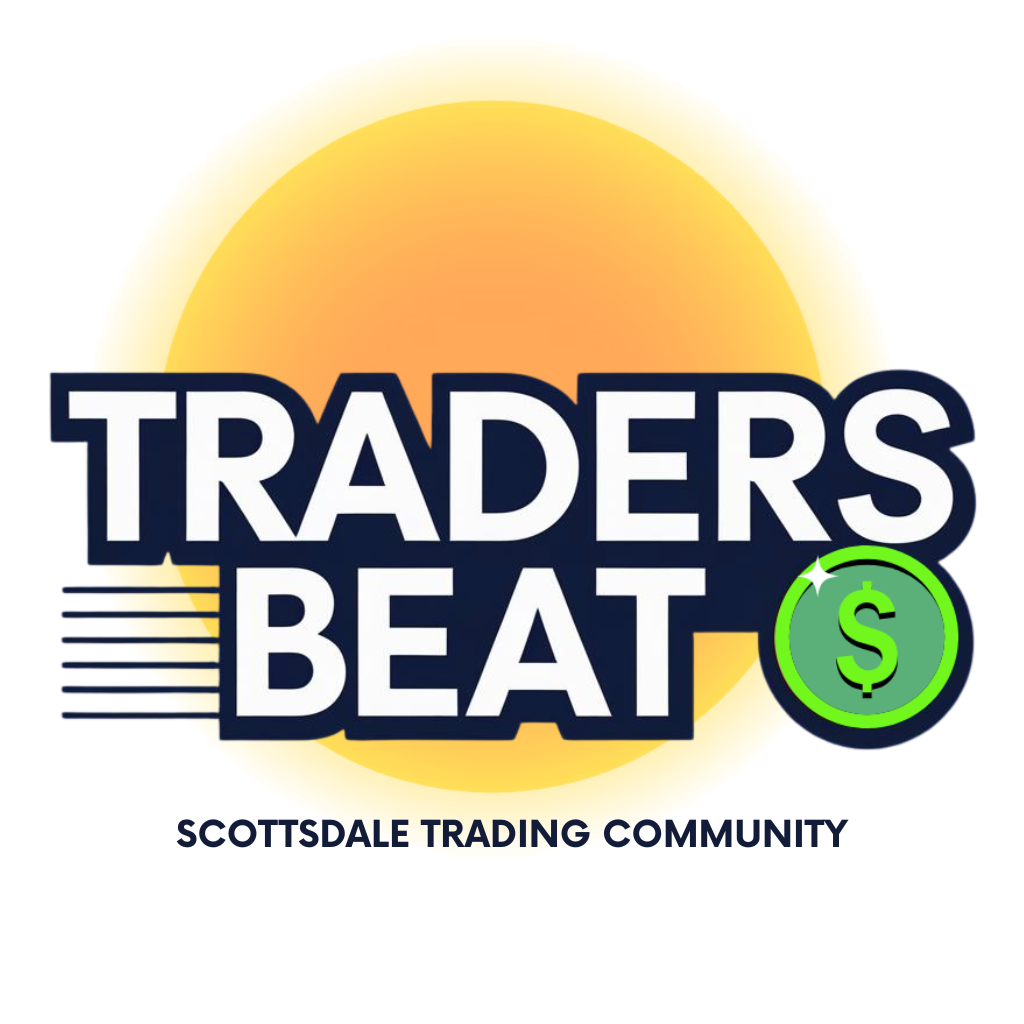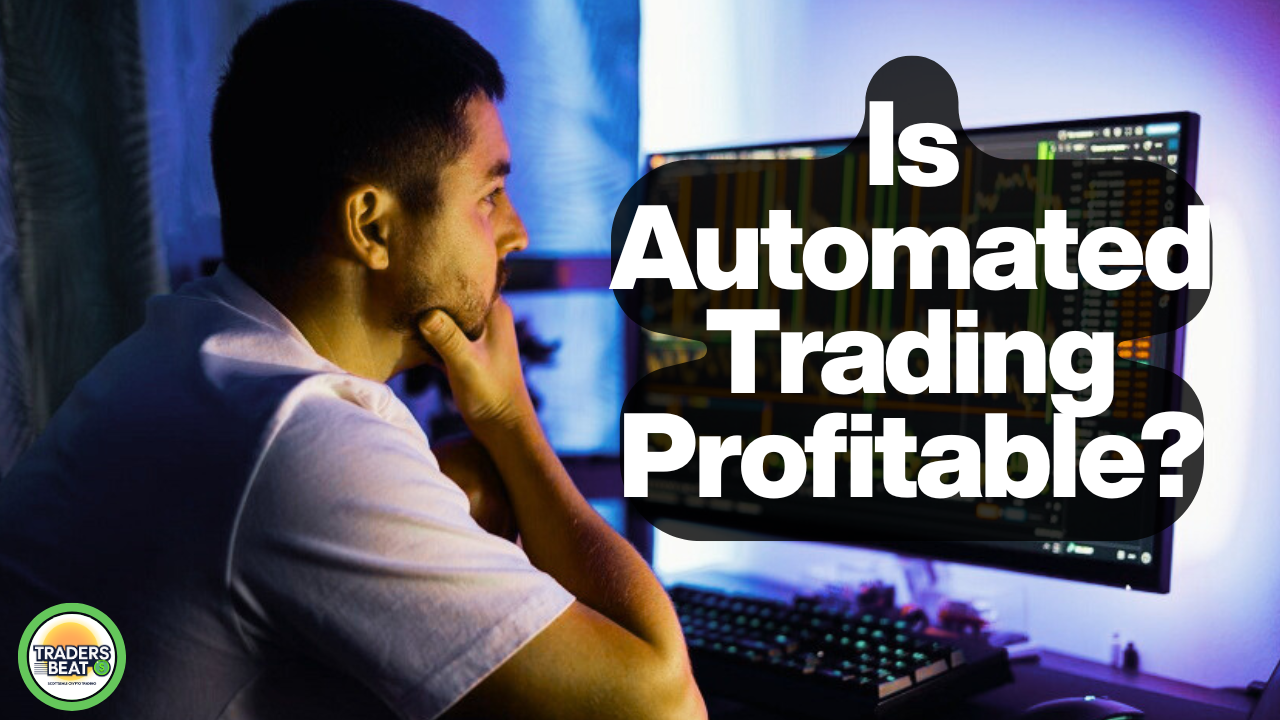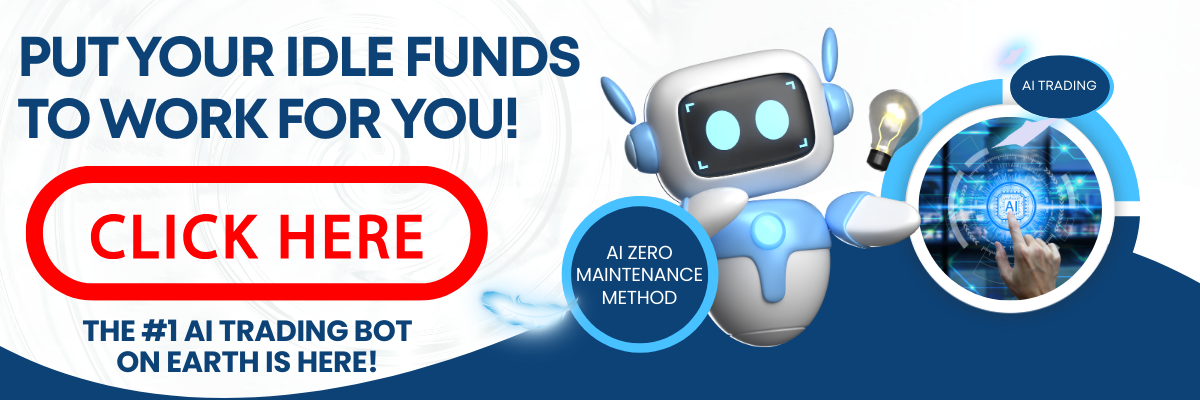Is Automated Trading Profitable? Insights into AI Trading Performance in 2025
Traders Beat Of Scottsdale
Archives
Is Automated Trading Profitable? Insights into AI Trading Performance in 2025
SIGN UP FOR OUR NEWSLETTER
Is Automated Trading Profitable? |
Exploring the Viability and Performance of Automated Trading Systems in 2025 |
Automated trading systems have become increasingly prevalent in financial markets, with the global AI trading market reaching $24.53 billion in 2025. This growth reflects a significant shift towards algorithmic strategies.
Notably, top AI trading bots achieved annualized returns of 48% on specific stocks like META. However, success rates vary; a 2023 study indicated that approximately 35% of retail algorithmic traders achieved consistent profitability after one year.
The effectiveness of these systems hinges on robust strategies, effective risk management, and continuous market adaptation. There are great automated trading programs that are earning great returns!
Check Out This Automated Trading Platform Here
While AI-driven trading offers advantages such as speed and emotion-free execution, it also introduces challenges like potential market volatility and the need for ongoing optimization. Therefore, while automated trading can be profitable, it requires careful implementation and monitoring to sustain success. |
Yes, it is absolutely possible to automate trading!
Automating trading strategies has become increasingly popular, allowing traders to capitalize on opportunities without constant manual monitoring. Here's a brief look into why and how you can get started:
Remember: Automated trading doesn't guarantee profits and carries risks. Continuous monitoring, adjustments, and understanding market conditions are crucial for long-term success. |
Is Automated Trading Legal?
Have you ever wondered if automated trading is allowed? Well, you're not alone! Let's delve into this intriguing topic. Automated trading, also known as algorithmic trading, is completely legal in many parts of the world, including major financial markets like the United States, Europe, and Asia.
The legality of automated trading largely depends on adherence to regulations that ensure fair practices and market integrity. This includes laws against market manipulation, such as spoofing or layering, which are illegal activities. Financial bodies like the SEC (U.S. Securities and Exchange Commission) and the FCA (Financial Conduct Authority) in the UK closely monitor these activities.
To stay on the right side of the law, it is essential to be aware of disclosure requirements, licensing needs, and other regulations concerning trading platforms and practices. Remember, transparency and fairness are key. |




